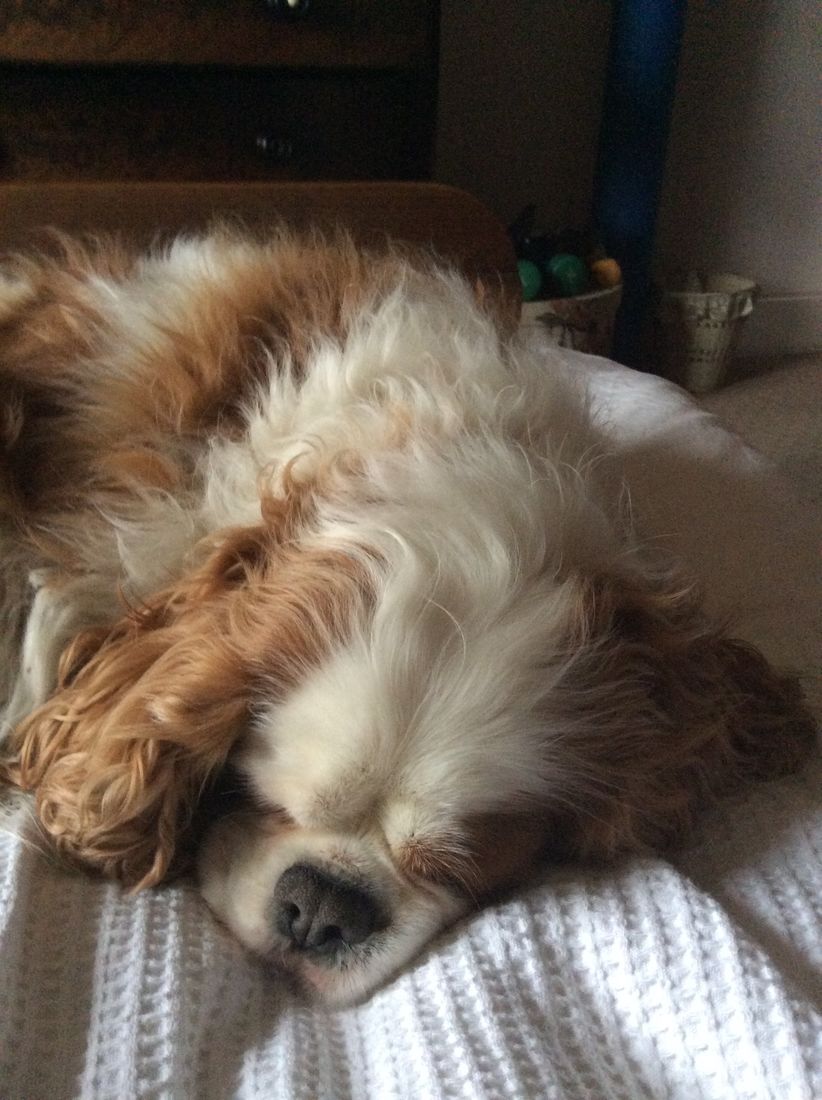Last Moments
 In our recent trip along Route 66, we naturally stopped at Roy’s Motel and Café in Amboy, California, in the Mojave desert, one of the icons of the Route and a thriving little oasis
In our recent trip along Route 66, we naturally stopped at Roy’s Motel and Café in Amboy, California, in the Mojave desert, one of the icons of the Route and a thriving little oasis
in the desert until the Interstate killed it. The motel closed in the early 70’s when the Interstate 40 opened and almost overnight nobody needed accommodation. We hopped out and peered through the dusty windows of the motel, which looked the perfect setting for a ghost story. The clock had stopped at one minute past five. Roy’s owners knew exactly when their business died.
It made me wonder how many times we know the last moments of something—a motel, a life, a friendship, a marriage, a species, a civilisation. One of the most striking questions asked in Guns, Germs and Steel is, what was the person who chopped down the last tree on Easter Island thinking? Were they aware that they had just killed the last, remote chance of their home surviving? Did the last Neanderthal, as he or she lay dying in Gibraltar, know with an extra frisson of loneliness and despair that they were the last not just of their family but of their whole species?
I think often we don’t know when the last minutes of something are. Certainly I didn’t when a friend whom I thought would always be a good friend—a best friend— ‘ghosted’ me. The agonising thing is that though I’ve got a few theories I’ll never know which is true, and I will always drive through the suburb she lived in with a pang.
But sometimes in the back of our brains we do know last moments. The night my mother died in hospital I kissed her goodnight and said ‘goodbye’ rather than ‘good night’ or ‘See you tomorrow’ or whatever. And when my friend went off on her last trip to hospital David Marr’s (I think it was Marr) recollection of White’s blue eyes as he drove off for the last time in the back of an ambulance suddenly occurred to me.
But some last moments are harbingers of hope. As I walked for the last time past the chapel doors of the Catholic girls secondary school where I had spent nine unhappy years, I noticed the daffodils poking up in the garden bed outside and was filled with joy that never again would I have to kneel there with aching knees, and never again would I be subjected to the kind of sustained cruelty I met there. I had escaped, and I was to be on my way to university, to meet my future husband.
What last moments can you think of?
28 June 2016
If you'd like to comment on this, click here
How to become a better writer
As you will know if you read my review of Peak: Secrets from the new science of expertise by Anders Ericsson and Robert Pool (and if you haven’t this blog may make more sense if you do), Ericsson and his colleagues have been studying expert performers in many fields and isolating what it is that makes them great. So in this blog I’m going to summarise what they say and try to figure out how to apply this to become a better writer.
So they say:
1. Get rid of the beliefs that:
2. You must practise the right way: with purposeful or deliberate practice.
This kind of practise is obvious for some things, such as playing the piano or golf or other sports, but what could it consist of for a writer?
The lads give the example of Benjamin Franklin. He chose several articles he particularly admired from The Spectator and wrote brief descriptions of the content of each sentence. Several days later, he would try to reproduce the articles from these. He didn’t want to produce a word-for-word replica but to create articles as detailed and well written as the originals. Having done this, he returned to the originals, compared them with what he had written, and corrected his own versions where necessary. This ‘taught him to express ideas clearly and cogently.’ (p. 155) He discovered that his vocabulary wasn’t extensive enough, so he turned the articles into poetry, which forced him to come up with words he wouldn’t normally use. Finally, to improve the overall structure of his piece he cut up his own sentence descriptors, jumbled them up, arranged them in what he thought the most logical order, then wrote proper sentences from each one. This ‘forced him to think carefully about how to order the thoughts in a piece of writing.’ (p. 156) Then he compared them with the original.
Hmn. Well, this might work if you’re trying to improve your ability to write essays and articles. But what about fiction? Here are some ideas:
3. Find a good teacher. This means someone who’s a good practitioner themselves, someone who’s a good teacher (as Ericsson and Poole point out, just because someone is good at what they do does not mean they know how to teach it); someone who can give personal, one-on-one instruction; and someone who can give you feedback on ‘what errors you’ve been making and how to recognise good performance’. Plus they should be able to give you exercises you can do at home and give you feedback on those.
Oh dear. This is difficult for writers. Very expensive, and it’s difficult to establish what makes a good writing teacher. Plus, what happens to my own individual voice? However, I can try going along to more workshops and conferences. I am already going along to two writing groups, and we give each other a lot of feedback. Plus there is the Benjamin Franklin method and a lot of advice on the internet about how to become a better writer.
4. Focus on it. Don’t just engage in meaningless repetition. ‘Shorter training periods with clearer goals are the best way to develop new skills faster.’ (154)
I think here writing is at an advantage over activities like, say, learning a foreign language or becoming a better swimmer, because writing always has to be focused.
5. Get enough sleep.

Rory demonstrates a vital skill ...
6. Try to do something you cannot yet do, something that takes you out of your comfort zone, and practise it. I guess this means taking some aspect of your writing you feel you’re not good at, such as plot or characterization or descriptive writing or dialogue and making yourself write it. Or perhaps trying a type of writing you haven’t tried yet, such as poetry or nature writing.
7. Build an effective mental representation of what you are trying to achieve. Again, easy for writers: we just have to read!
8. Develop habits to keep yourself going.I’ve been trying to find out what routines established writers use. Here are some:
Do you have any ideas for how to apply these rules? Any ideas for writing practise?
If you'd like to comment on this, click here
25 July 2016